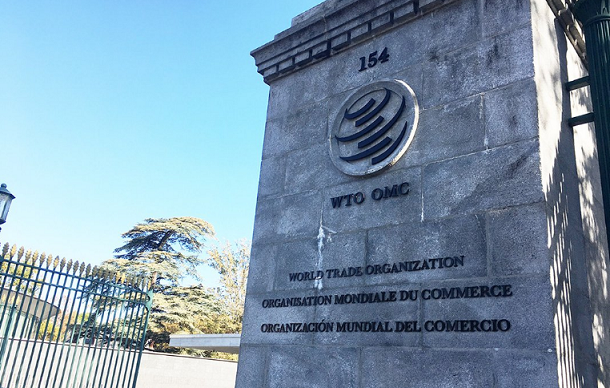
U.S. launches WTO disputes against five members over trade tariffs

The U.S. has launched separate disputes at the World Trade Organization against China, the European Union, Canada, Mexico and Turkey, challenging the tariffs each imposed in response to President Donald Trump’s tariffs on steel and aluminium, the office of the United States Trade Representative (USTR) said in a statement.
“The U.S. steel and aluminum duties imposed by President Trump earlier this year are justified under international agreements the United States and its trading partners have approved. However, retaliatory duties on U.S. exports imposed by China, the EU, Canada, Mexico and Turkey are completely without justification under international rules,” USTR’s statement read in part.
The statement goes on to say that President Trump’s actions were “wholly legitimate and fully justified as a matter of U.S. law and international trade rules.”
Trump imposed the tariffs on imports of steel and aluminium in March, saying a report by the U.S. Secretary of Commerce had shown the products’ importation threatened the U.S. national security.
The tariffs became effective for some WTO members the same month, while for others it took effect last month.
China, the E.U., Mexico, Canada and Turkey then imposed tariffs of their own on products originating from the U.S., a move Trump’s administration says is unfair.
It is not only the U.S. that filed a dispute however. China on Monday filed a lawsuit against the U.S. in the WTO over proposed tariffs on $200 billion worth of Chinese imports based on a trade investigation against China under Section 301.
China’s Foreign Ministry Spokesperson Hua Chunying said that the Ministry of Commerce issued a statement last week, refuting the U.S. distorted and untenable accusations on unfair trade with China.
China has become the largest trading partner of over 120 countries and regions, and is the fastest growing export market, attracting the most foreign investment in the world. Last year, China ranked the second on the list of attracting foreign investment.






